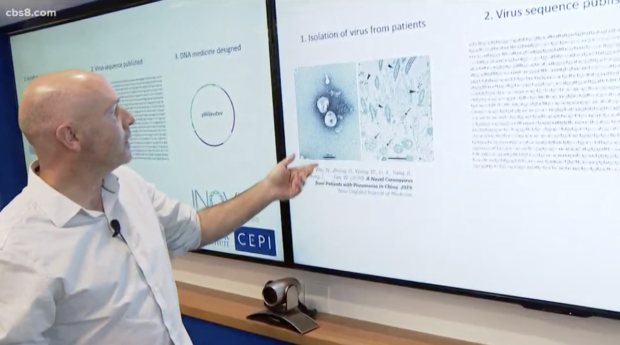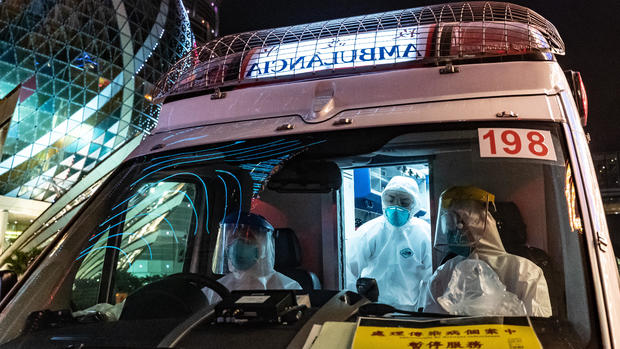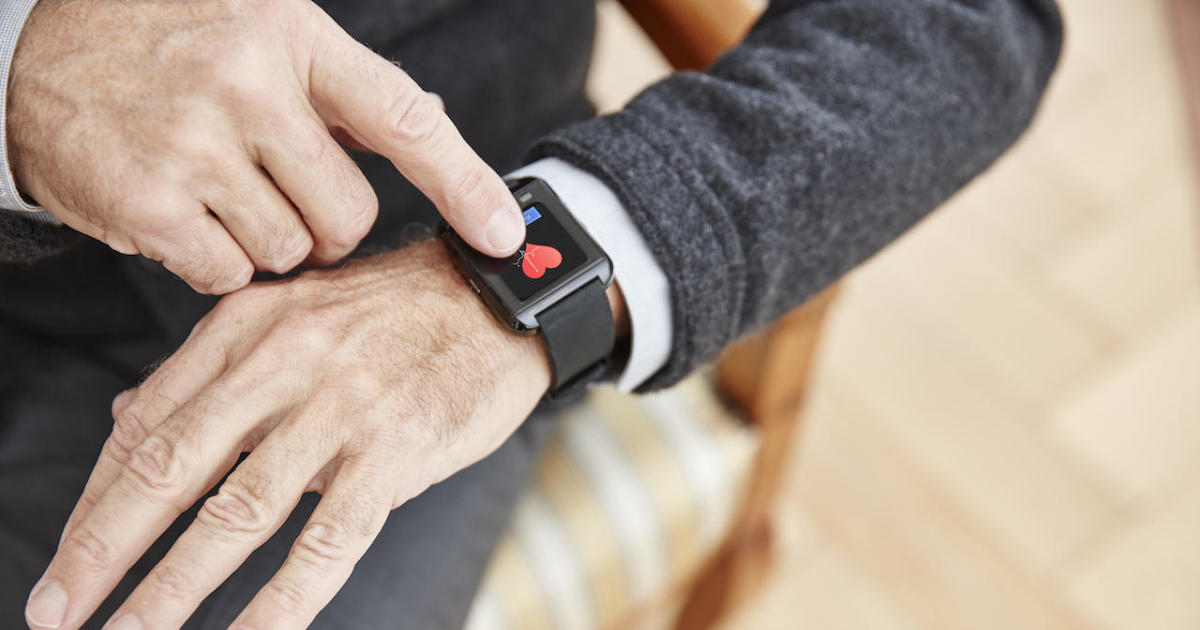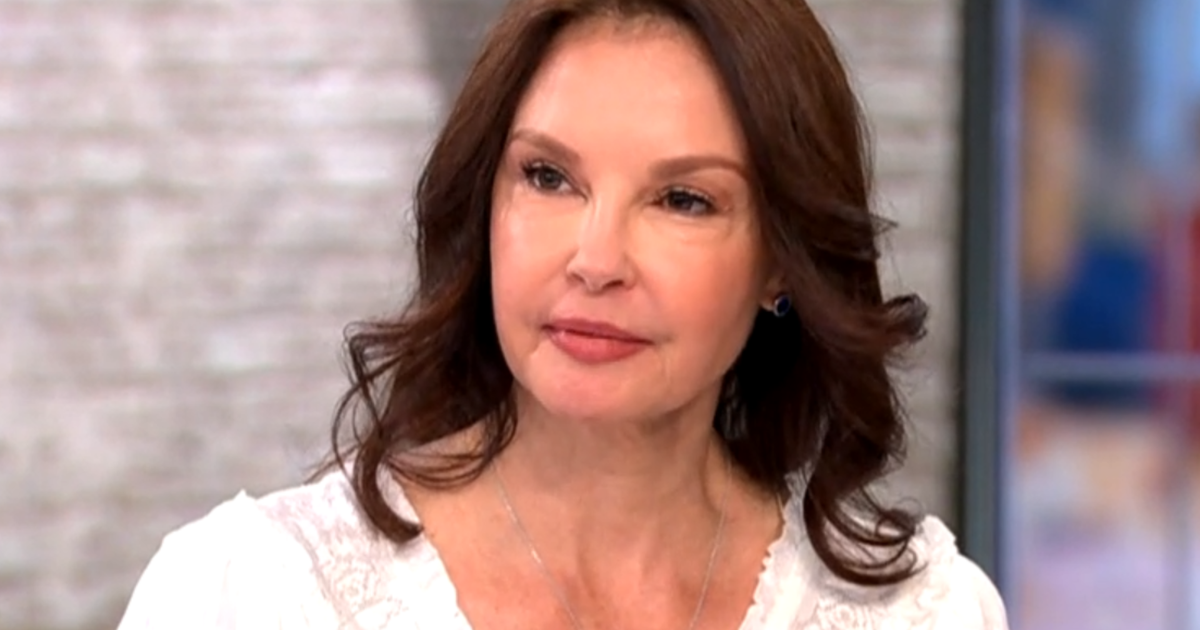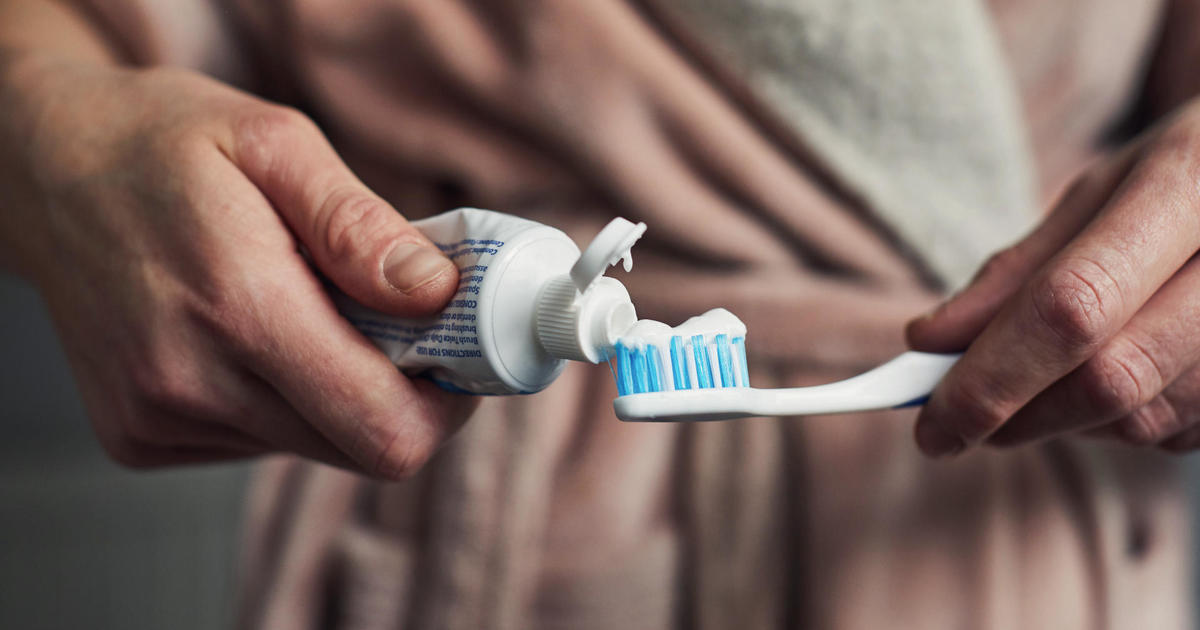San Diego lab claims to have discovered a coronavirus vaccine in 3 hours — but testing it will take months
Researchers at a San Diego lab say it took them just three hours to come up with an experimental vaccine for the coronavirus — a potential weapon against the illness which has infected tens of thousands of people worldwide. Inovio Pharmaceuticals is now scrambling to test the vaccine, first in animals and then in people, and if it succeeds they hope to get it to the public as soon as possible, CBS San Diego affiliate KFMB-TV reports.
Chinese scientists released the genetic sequence for the coronavirus on January 9, and researchers at Inovio and other labs around the world immediately got to work.
"We have an algorithm which we designed, and we put the DNA sequence into our algorithm and came up with the vaccine in that short amount of time," Dr. Trevor Smith, Inovio's director of research and development, told KFMB.
"It's something we are trained to do, and the infrastructure is here and the expertise is in house," Smith said. The company has also worked on vaccines for Zika virus, Middle East Respiratory Syndrome (MERS) and Ebola.
Scientists hope the vaccine will work like a piece of biological software, according to KFMB — giving the human body instructions to launch a targeted attack in the form of T-cells and antibodies against the virus.
"I think it's every promising, and Inovio has very advanced technology that they're using with making a DNA vaccine, which is different than our traditional vaccines," Dr. Amesh Adalja, a senior scholar at the Johns Hopkins Center for Health Security, told CBS News.
So far, KFMB reports Inovio's coronavirus vaccine has been tested on mice and guinea pigs. A clinical trial in humans could come next, perhaps by early this summer — which the company describes as record time. The scientists say they feel a sense of urgency to get an effective vaccine to the public. But even if all the testing proves successful, it would still take time to meet federal regulatory requirements and gear up for manufacturing.
The lead researcher of the company is at the World Health Organization (WHO) in Sweden, working on a plan of attack against coronavirus.
On Tuesday, WHO Director-General Dr. Tedros Adhanom Ghebreyesus said there is currently no vaccine or proven therapeutics to treat coronavirus, but global experts are collaborating to help stop the spread of the deadly virus, using a blueprint developed after the West African Ebola outbreak.
"We activated the R&D Blueprint team in early January to coordinate and facilitate information-sharing on research elements of the response," Ghebreyesus said at the research and innovation forum on the virus earlier this week.
In addition to Inovio Pharmaceuticals, HealthDay reports "possibly dozens" of other labs are also hard at work on finding a vaccine. A Massachusetts biotech company called Moderna is working on a version with the National Institutes of Health and hopes to start safety testing in April, the Washington Post reports.
But while the process is moving with remarkable speed, experts say patience is still required.
"Even though we are seeing rapid vaccine development with this virus, vaccine development is usually seen on the scale of years, not months," Dr. Adalja said.
"We will likely see rapid initiation of clinical trials that will establish the safety and then establish that [the vaccine] is actually creating immunity, and then figure out the dose of the vaccine... You need all of that to be figured out."
If the Inovio vaccine or another lab's version is successful, Adalja thinks it would still take "about a year" for it to become available to the public.
"It's one thing to make a vaccine that actually works, but you also have to manufacture it in sufficient quantities for it immunize the population that it's indicated for, and you have to be able to have that whole manufacturing process done in an appropriate manner so you can make these [vaccines] safely and quickly and according to good manufacturing practices. All of that takes time," he explained.
So far, at least 1,370 people worldwide have died from the coronavirus, which the World Health Organization has now named COVID-19. Almost all of the cases have been in China, where the outbreak originated.
Fifteen cases have been confirmed in the U.S. as of February 13 — mostly in people who had recently traveled to Wuhan, China.
Symptoms of the coronavirus include fever, cough and shortness of breath, according to the CDC. Some patients only show mild symptoms and recover, but others have developed life-threatening complications like pneumonia. The CDC says symptoms can appear in as few as two days or as long as 14 days after initial exposure.
